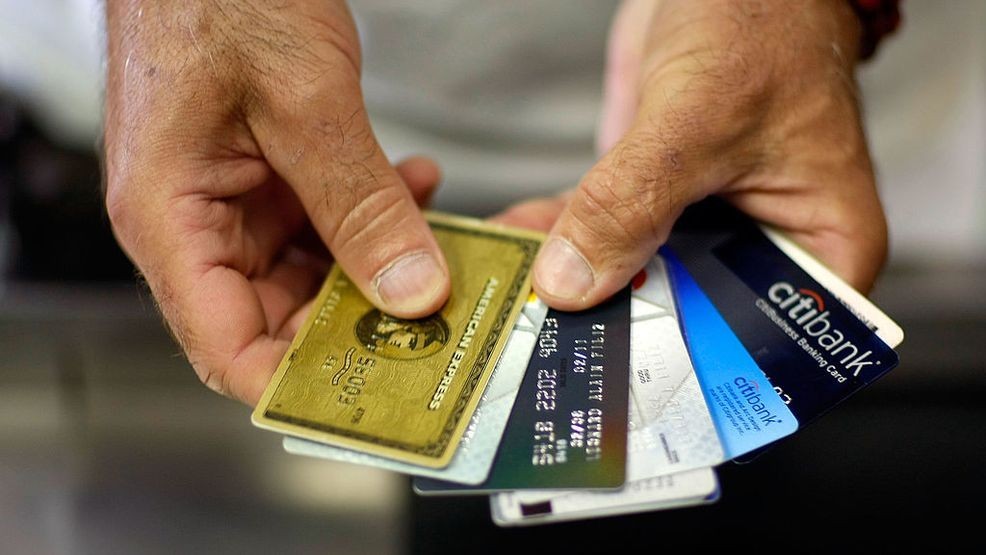A federal court judge in Texas has overturned a rule from the Consumer Financial Protection Bureau (CFPB) that aimed to limit excessive credit card late fees to $8. Judge Mark Pittman, who had previously blocked the CFPB from enforcing the fee cap, ruled that the regulation unlawfully restricted credit card companies from charging what the CFPB deemed “reasonable and proportional” fees.
The lawsuit was initiated by business and banking groups, including the American Bankers Association and U.S. Chamber of Commerce, arguing that the rule would cause irreparable harm, reduce credit availability, and force credit card issuers to pass on late payment handling costs to timely-paying cardholders. Under the new administration, the CFPB not only refrained from contesting the lawsuit but also joined the coalition seeking to nullify the rule.
Consumer advocacy groups warn that the ruling will negatively impact credit card holders significantly. Chi Chi Wu, a senior attorney with the National Consumer Law Center, stated, “This decision will allow big banks to exploit consumers to the tune of $10 billion annually by charging inflated late fees that far exceed what late payments cost them to collect.”
The CFPB’s late fee rule, based on the Credit CARD Act of 2009, intended to lower default late fees from approximately $32 to $8. The rule did not eliminate late fees entirely but sought to restrict them to amounts considered reasonable and proportional. Credit card issuers could still charge more than $8 if they demonstrated that the fee was insufficient to cover associated late payment costs.
— new from KOMO
